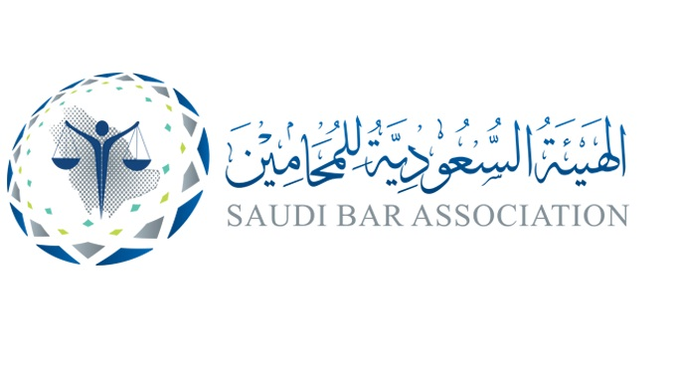
The Saudi authorities imposed large-scale restrictions on lawyers work and arrested a number of them on the background of their public opinions, rights sources said.
Prisoners of Conscience, page on Tweeter, said that a number of lawyers were disbarment in the Kingdom while others were referred to prosecution and investigation on charges of “criticizing justice”.
Lawyers Thamer Al Sakaker, Abduallh Al Ghwainem, and Saa’d bin Ghumain were among the lawyers who were disbarred, the Tweeter page said.
An investigator of the United Nations’ Human Rights Council said that member states should pressure Saudi Arabia to release female human rights defenders before the G20 summit, which will be hosted in the Kingdom in November.
Agnès Callamard, United Nations’ Special Rapporteur on extrajudicial, summary or arbitrary executions, said in a speech before the Council in Geneva that Saudi Arabia should release “prisoners of conscience, women, human rights defenders that are currently in prison for demanding the right to drive”.
While lifting the driving ban on women, which many prominent female activists called for, the Saudi authorities arrested at least 12 of those activists in 2018. The female activists were arrested within a larger campaign against opposition.
While many of these activists said that they were subjected to torture and sexual harassment inside prison, government officials deny these accusations, adding that the detainees are suspected to harm the higher interests of the state and provide support for foreign hostile elements.
As some of these activists are under prosecution, there are no significant charges against them, such as correspondence with foreign journalists, diplomats, and human rights organization.
The trail triggered international criticism, especially after the killing of the journalist Jamal Khashoggi in the Kingdom’s Consulate in Turkey in 2018 by Saudi officers.
Families of activists, including Loujain Alhathloul’s, expressed their deep concern early this year that they were not able to reach or contact their relatives for weeks.
Callamard added that much more should be done, internationally, with regard to the accountability of his killing, while hailing Turkey’s efforts to prosecute 20 suspects of his killing.